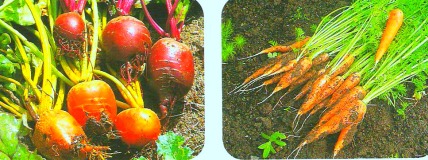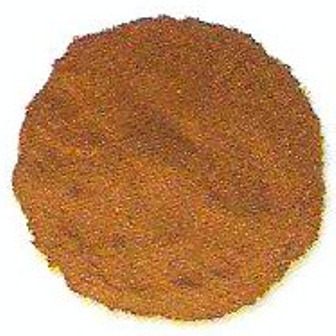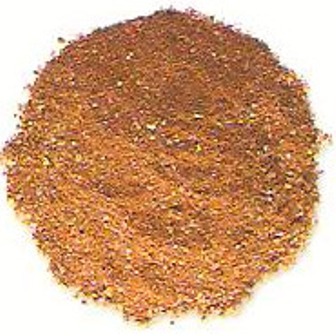|
How to Grow Organic Vegetables - The Defining Concept
 Wondering how to grow organic vegetables? Well, here’s the basic concept…… Organic gardening is all about stimulating the soil and encouraging beneficial organisms like worms. The crops benefit as a result. How? Well worms, for instance, keep air in the ground. They do this via the network of tunnels they create. These tunnels also ensure that water travels downwards into the soil while covering a larger area. Worms and other micro organisms also supply carbon and nitrogen. This is done through their respiration and excretion. That carbon and nitrogen is necessary for a healthy, abundance of vegetables and that’s basically what we want from our gardens. While the other basics such as…… 1. Choosing a location that gets at least 6 hours of sunlight. 2. Avoiding wet and boggy sites. 3. Making sure that the vegetables are properly space to avoid competing. 4. Never over or under-water crops Etc ……they are common to all gardens whether Organic or not. Although they are important and should be taken seriously… pay particular attention to the real answer to how to grow organic vegetables. Let’s start with… Avoiding:
So Why Don’t We Use Pesticides and Herbicides?Pesticides and herbicides will remove pests……But they also kill the beneficial organisms as well. When these organisms die so do the benefits they bring to the garden. You’ll be forced to spend more time digging and turning the soil because there're no worms present. You’ll also spend more money on fertilizers thus increasing the cost of growing vegetables. Doesn’t this defeat some of the reasons why you’ve decided to grow your own food; namely, to cut cost and protect the environment?
How to Grow Organic Vegetables without Inorganic FertilizerFertilizers add 3 main elements in the soil. These are…
Now inorganic fertilizers are too concentrated. And micro-organisms die as a result. So it’s best to avoid them. Instead, supply the soil with insoluble organic fertilizers. These fertilizers are actually food for the micro-organisms. And when fed upon…they’re broken down and released into the soil. The vegetables can then use the elements. So think about it… We’re feeding the precious worms and micro-organisms which in turn provide nutrients for the vegetables. Sounds like a win-win situation, doesn’t it? And to make matters even better… A handful of organic fertilizer last for years. Now wouldn’t that put some money back into your pocket? Top 5 Organic Fertilizers for Stimulating the soil with Nitrogen, Potassium and PhosphorousThe top 5 are as follows… Seaweed meal: this is rich in both nitrogen and potassium. It’s a great soil stimulator and also speeds up the composting process.  Bone meal: Bone meal is an excellent source of phosphate. So it’s a great idea to use it with Seaweed Meal.  Ground rock potash: Great for disease resistance in plants and should be used every 2 to 3 years. Ground rock phosphate: This fertilizer is great for restoring life to over-acidic soils. And because it‘s insoluble…it works great in wet areas without being washed away. Ground rock basalt or granite: This fertilizer is ideal for worn out soil (works great with all soil types). The minerals it contains attract micro-organisms thus reviving the soil. So there you have it; the answer to the question...how to grow organic vegetables. But like we said earlier…the other gardening basics should also be considered. However, the use of…
Are the main differences that separate an organic garden from one that is not. Back to Top
|









